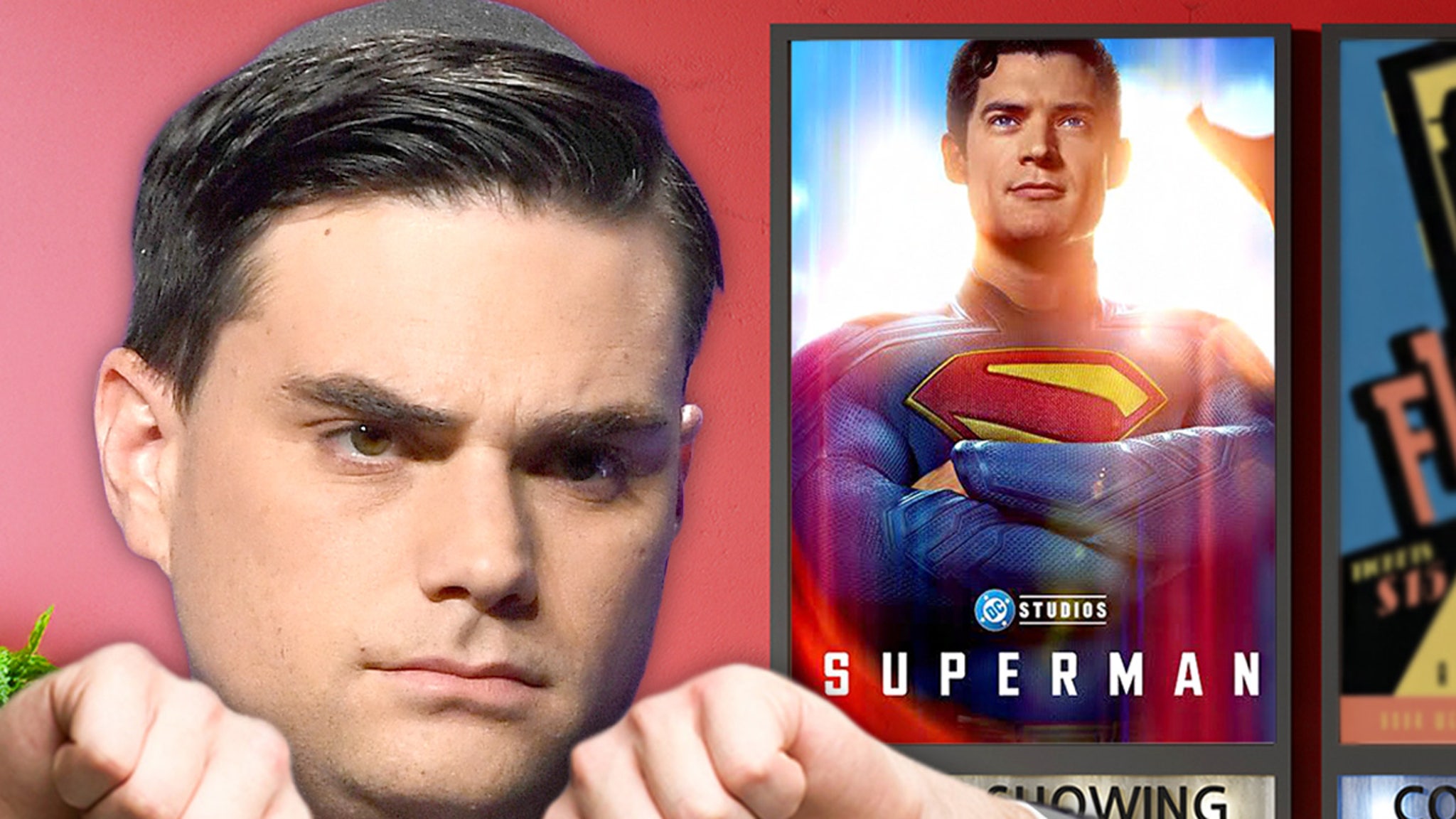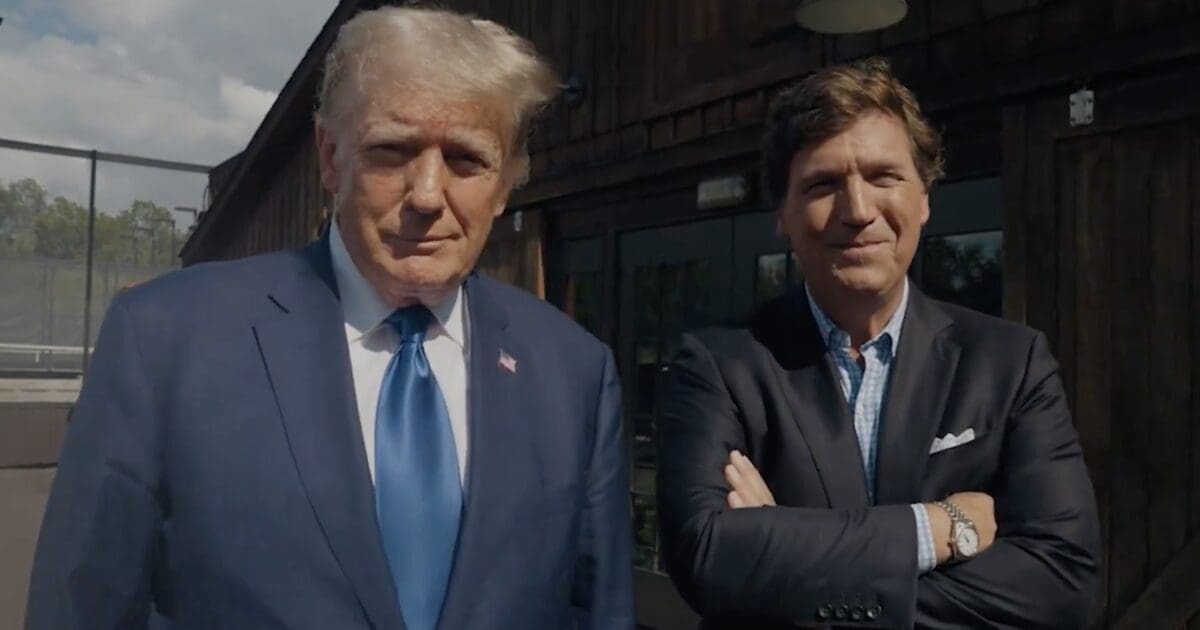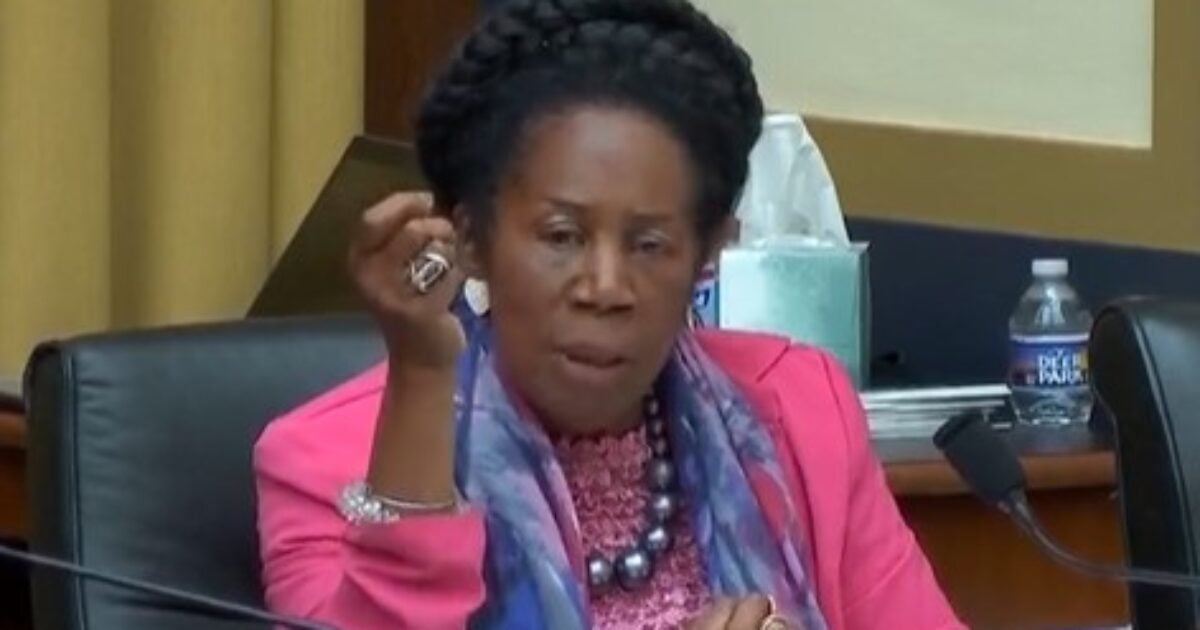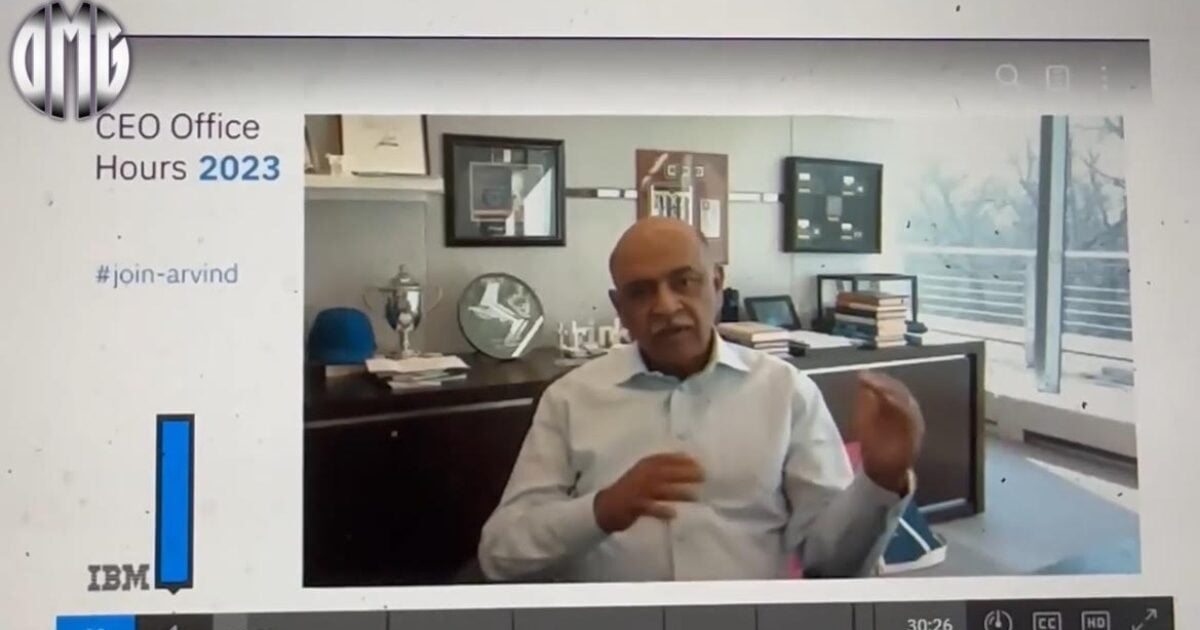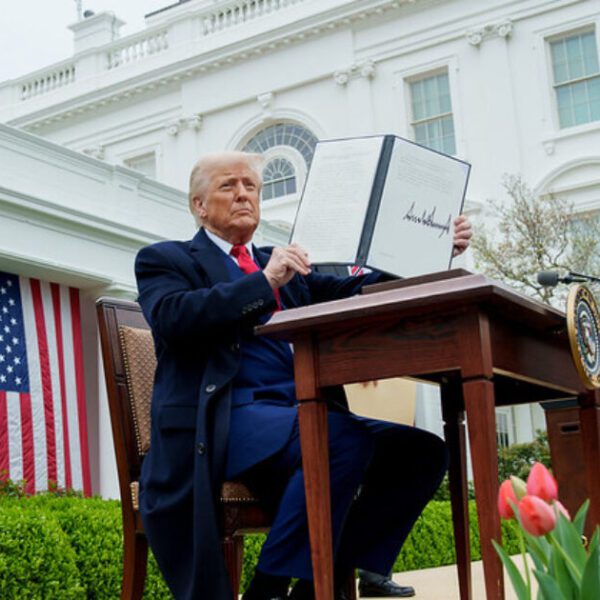 In a candid interview with BBC Ukraine, Czech President Petr Pavel, a former general with decades of military experience, offered a pragmatic assessment of the ongoing Russia-Ukraine war. Pavel emphasized the need for diplomatic pressure and negotiation to achieve a sustainable resolution.
In a candid interview with BBC Ukraine, Czech President Petr Pavel, a former general with decades of military experience, offered a pragmatic assessment of the ongoing Russia-Ukraine war. Pavel emphasized the need for diplomatic pressure and negotiation to achieve a sustainable resolution.
Pavel, who assumed office in early 2023 after a career dedicated to the Czech armed force, has been a vocal supporter of Ukraine since Russia’s invasion. His recent remarks signal a shift towards a conservative approach focused on minimizing human and economic costs.
Pavel’s perspective comes amid stalled Ukrainian counteroffensives and mounting international fatigue. Reflecting on the conflict’s trajectory, he acknowledged Russia’s limited tactical victories, such as the occupation of certain territories, but highlighted the exorbitant price Moscow has paid in lives and resources.
“Russia has several tactical successes. They managed to seize some parts of Ukrainian territory, but their advance is worth great sacrifices and losses,” Pavel said. “I think this is a very, very high price for land grabbing.”
He praised Ukraine’s defensive efforts, noting their effectiveness in inflicting heavy damage on Russian forces and holding strategic positions.
However, Pavel warned that prolonging the war in its current state could extend for an indefinite period, a outcome he deemed unacceptable. “If the war continues in the same spirit, it will last for years, he stated, adding that such a scenario benefits no one.
Central to Pavel’s strategy is a balanced Western response. He supports the continued bolstering of Ukraine’s defenses to demonstrate that Russia cannot prevail militarily, while ramping up non-lethal pressures to push Moscow toward talks, so that “[Russia] understands that solutions can be found only at the negotiating table”.
Pavel expressed confidence in the combined economic might of the United States and Europe as the most potent weapon against Russian aggression. He predicted that Russia’s economy, already strained, would buckle under intensified sanctions, compelling it to negotiate sooner rather than later.
The Czech leader was forthright about the harsh realities facing Ukraine, arguing against demands for a hasty full liberation of occupied lands which could inflict significant human casualties. “We do not want to exterminate the Ukrainian people,” Pavel explained.
Pavel suggested that a viable path might involve accepting temporary occupation of some areas without granting legal legitimacy to Russia’s claims.
Endless conflict, he cautioned, would only lead to devastating losses for all involved, including economic burdens on Western nations. Instead, he advocated for a sequenced approach: force Russia to the table, establish a ceasefire, and negotiate a peace deal, paving the way for Ukraine’s reconstruction and potential future discussions on normalizing relations with Russia.
Looking towards global leadership, Pavel voiced optimism about U.S. President Donald Trump’s ability to broker talks. “I think Donald Trump will do everything possible to force both sides to sit down at the negotiating table,” he said.
Pavel’s comments reflect a growing chorus among European leaders for a resolution that prioritizes realism and restraint, ensuring Ukraine’s survival without escalating into a protracted drain on resources. As the war enters its fourth year, his call for negotiation remains the surest route to peace.


